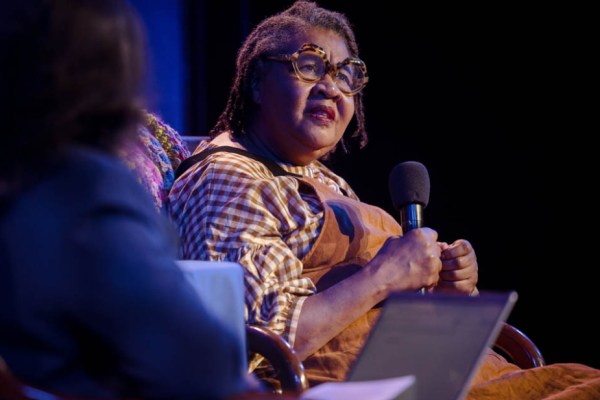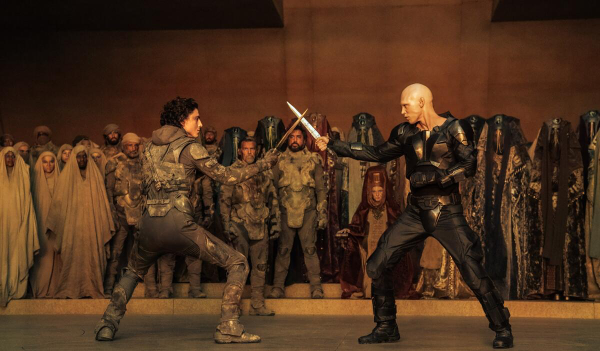Keeping the Story Straight: How Will Future Generations View the Pandemic?
Living through historically significant events can be a strange phenomenon. We go about our days realizing, but not fully acknowledging, that someday students will be tested over what we consider to be the most abnormal time of our lives. Each individual has had a different experience over the course of the pandemic and it brings up the question: what do I want future generations to know about my experience during this time?
The United States has been at the epicenter of historical events this past year. From the handling of the pandemic to racial tensions, as well as an unprecedented election season, those living in the U.S. have faced many challenges. Future generations may not understand just how surreal these collective experiences were.
“Being home with my family and opening up social media and seeing all the events happening in the world was a very unreal feeling,” said sophomore Miah Cramer. “That also speaks to my privilege because I don’t have to experience that in my own home. I think that future generations should know that even though we were seeing all this on social media, we were also encouraged to have these political conversations in our own household.”
For many, the disagreements about the pandemic in the U.S. has been a source of frustration. Members of our society have had to face challenges such as unemployment, poverty and homelessness, often driving them to blame the government for the lack of preventative measures. Sophomore Kenya Reeves explains that she would want future generations to understand her grievances surrounding how the U.S. dealt with the pandemic.
“If we as a culture cared more about the person instead of the profit, COVID wouldn’t have taken the toll that it did,” said Reeves.
Individuals who practiced COVID-19 safety protocols since the start of the pandemic may feel like their efforts are unnoticed when it seemed that a large part of society was not. Students studying the pandemic in the future will not fully understand the perspective of individuals committed to combating the spread of COVID-19 transmission. Even today, foreign nationals may perceive that the entirety of the U.S. does not prioritize health safeguards, despite the fact that many people do. Sophomore Juliana Cortese feels that it is important to recognize these individuals.
“I would want future generations to know that there were people doing the right thing,” said Cortese. “Even though it has dragged on for a long time, there are people that are doing the right thing.”
For those not going through these events, it can be challenging to understand the mental health struggles of young adults during this time. According to a study done by KFF, four out of ten adults have reported feelings of anxiety and depression since the start of the pandemic. Young people during this time have felt isolated which in turn negatively affects their mental health. While this past year has been challenging for a lot of individuals, some have been able to see positives throughout this difficult time that may translate in history books years from now.
“At first Covid felt like it was ruining my life and in a lot of ways it did but it taught me how to be with myself and evolve as a person,” said Reeves.
Your donation will support the student journalists of Saint Louis University. Your contribution will help us cover our annual website hosting costs.


![The Teskey Brothers [Crew] gather together for a curtain call in front of a raucous St. Louis crowd after a two-song encore. (Photo courtesy of Vertrell Yates / @trellseyephotography)](https://unewsonline.com/wp-content/uploads/2024/05/Screenshot-2024-05-21-232057-600x370.png)








